Concussion & Traumatic Brain Injury (TBI) Diagnosis & Treatment
Concussion & Traumatic Brain Injury (TBI) Diagnosis & Treatment at Mir Neurology
Concussion and Traumatic Brain Injury (TBI) require expert evaluation and targeted care. At Mir Neurology, you receive advanced neurological diagnosis, personalized treatment plans, and ongoing brain injury management to support recovery and reduce long-term complications.
What is a Concussion?
A concussion is a form of mild traumatic brain injury (mild TBI) caused by a sudden blow or jolt to the head or body. This impact disrupts normal brain function. Common causes include sports injuries, car accidents, falls, and workplace accidents. Although labeled mild, a concussion often leads to serious neurological symptoms, especially without proper care.
At Mir Neurology, you receive specialized concussion diagnosis and evidence-based concussion treatment focused on full neurological recovery.
What is a Traumatic Brain Injury (TBI)?
A Traumatic Brain Injury (TBI) occurs when an external force damages the brain. TBIs range from mild to severe and result from motor vehicle accidents, falls, sports trauma, or direct head impact. A TBI affects physical function, cognitive performance, and emotional health, depending on injury severity and location.
At Mir Neurology, we provide specialized care to help patients recover from TBI and support them through every stage of the healing process.
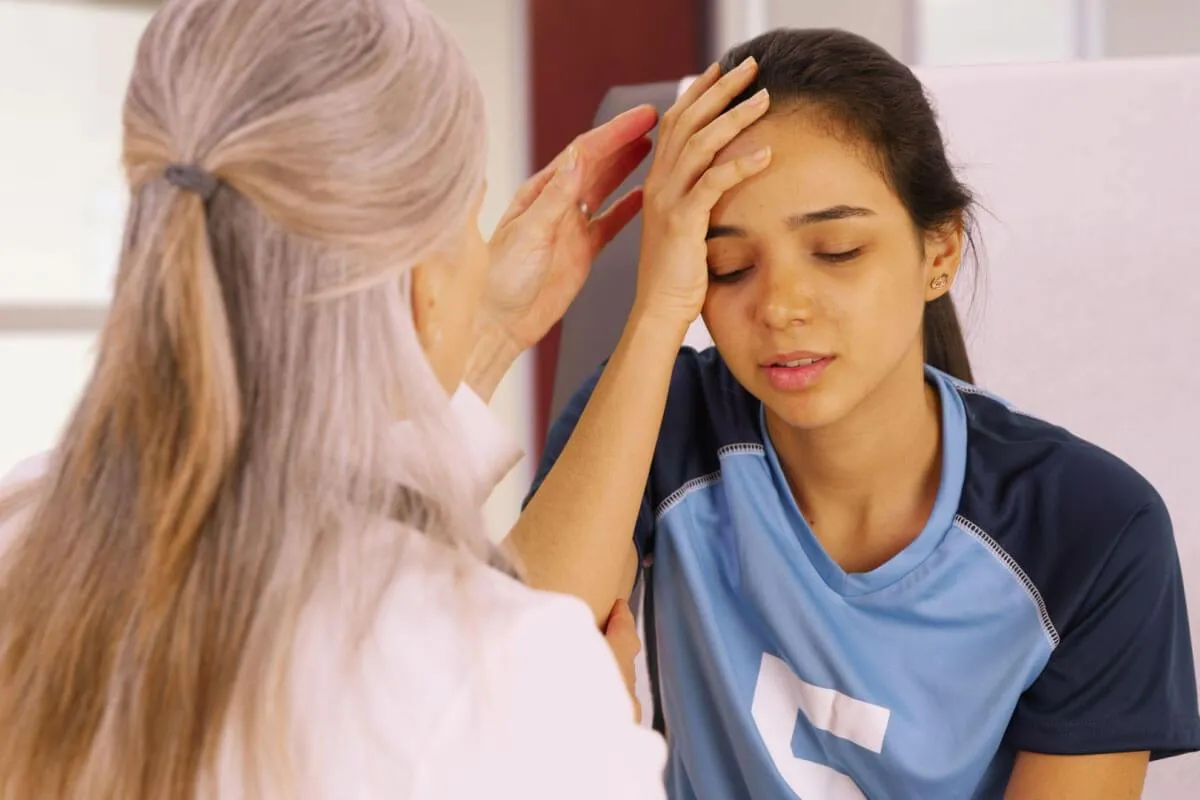

Symptoms of Concussion and TBI
Symptoms of a concussion or TBI can vary depending on the severity of the injury. Common signs to watch for include:
Physical Symptoms:
Headache or head pressure
Dizziness or balance problems
Nausea or vomiting
Fatigue or drowsiness
Light sensitivity or noise sensitivity
Blurred vision
Ringing in the ears
Cognitive Symptoms:
Memory problems (difficulty remembering the incident or events following the injury)
Difficulty concentrating
Confusion or disorientation
Slowed thinking
ental fog Feeling “foggy” or mentally sluggish ()
Emotional Symptoms:
Irritability
Mood swings
Anxiety or nervousness
Depression
Emotional instability or excessive crying

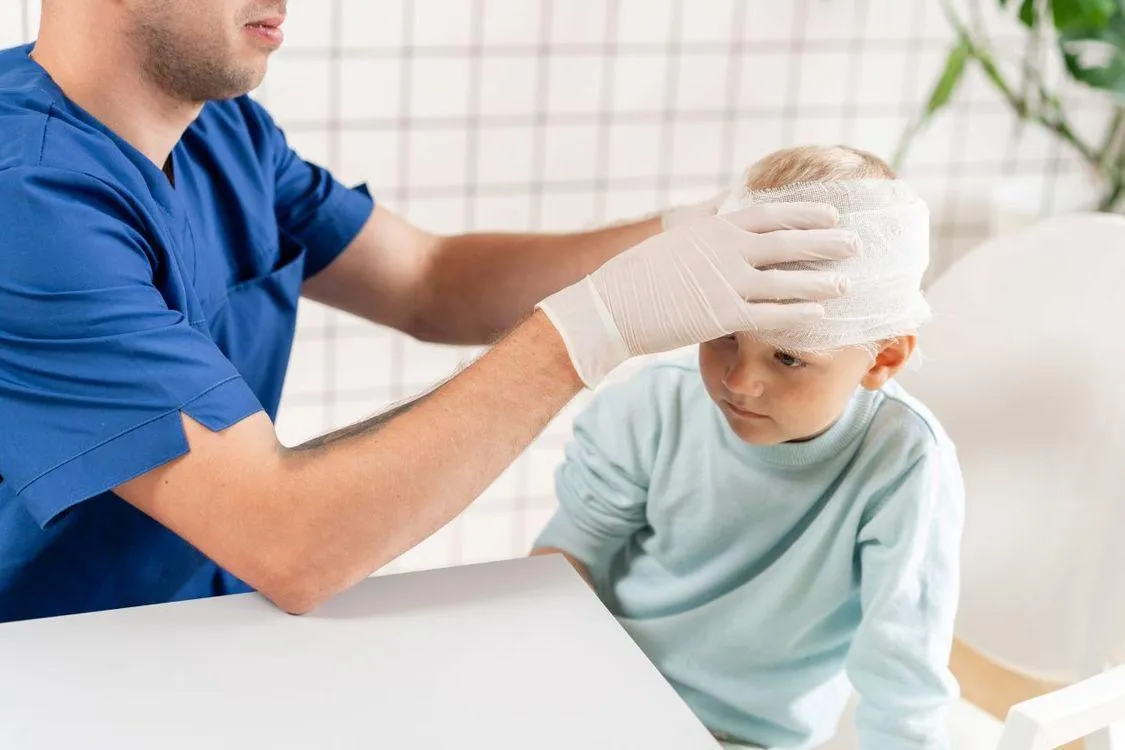
Severe Symptoms Requiring Immediate Medical Care
Worsening severe headache
Loss of consciousness (even briefly)
Seizures
Unequal pupil size
Weakness or numbness in arms or legs
Slurred speech
Inability to wake up or coma
If you or someone you know is experiencing severe symptoms, seek medical attention immediately.

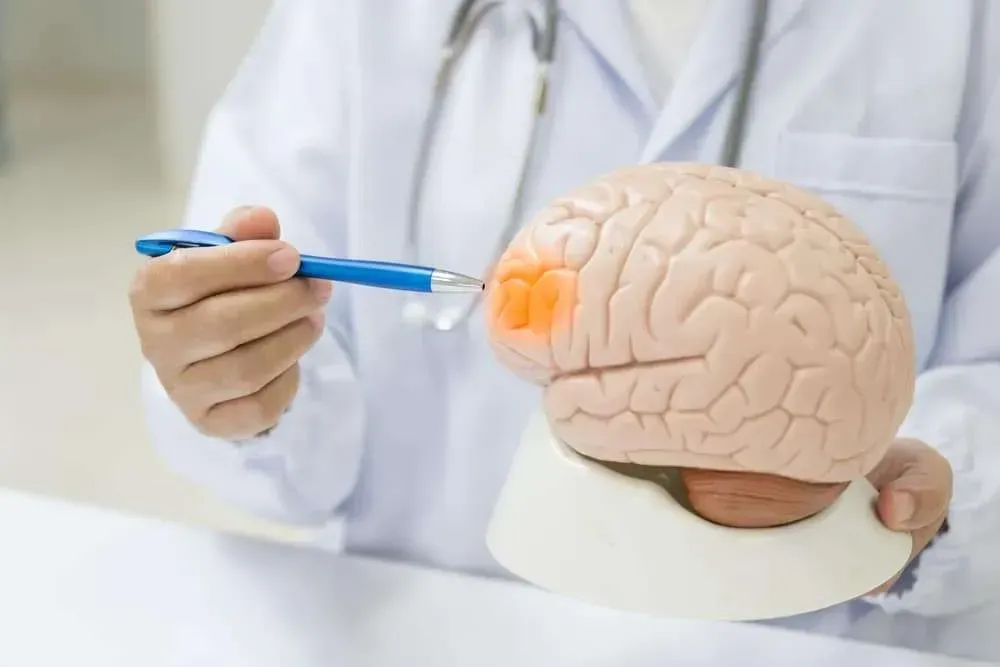
Diagnosis of Concussion and Traumatic Brain Injury
Accurately diagnosing a concussion or TBI is essential to determine the severity of the injury and the appropriate treatment plan. At Mir Neurology, we use a combination of clinical evaluation, imaging studies, and neurocognitive assessments to diagnose concussions and TBIs.
1. Physical and Neurological Examination
A detailed physical and neurological examination is conducted to assess the extent of the injury. The exam includes evaluating:
Reflex testing
Balance assessment
Coordination testing
Muscle strength evaluation
Sensory function review
2. Imaging Studies
CT scans (Computed Tomography) – Often used in emergency settings to detect brain bleeding, fractures, or swelling.
MRI (Magnetic Resonance Imaging) – Provides detailed brain images to detect soft tissue damage, contusions, or swelling that may not be visible on a CT scan.
3. Neurocognitive Testing
We may conduct neurocognitive assessments to evaluate memory, concentration, attention, and processing speed. These tests can help determine the cognitive impact of the concussion or TBI.
4. Glasgow Coma Scale (GCS)
The Glasgow Coma Scale is a tool used to assess a person’s level of consciousness following a head injury. It evaluates eye, verbal, and motor responses to stimuli.
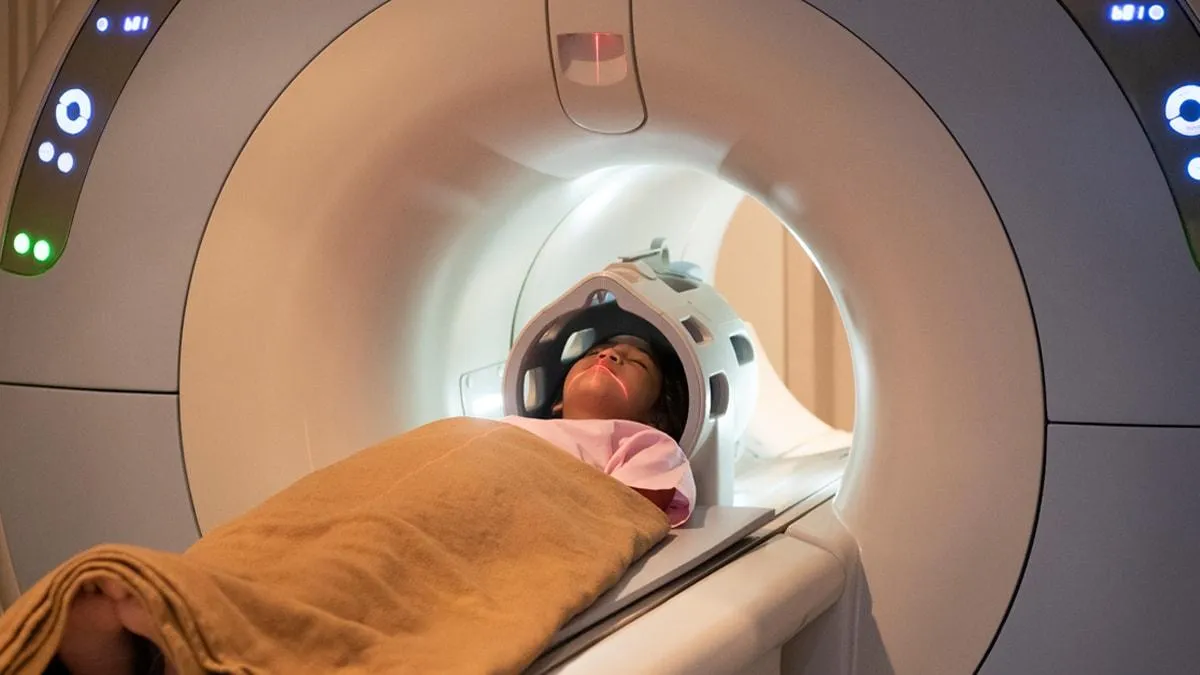
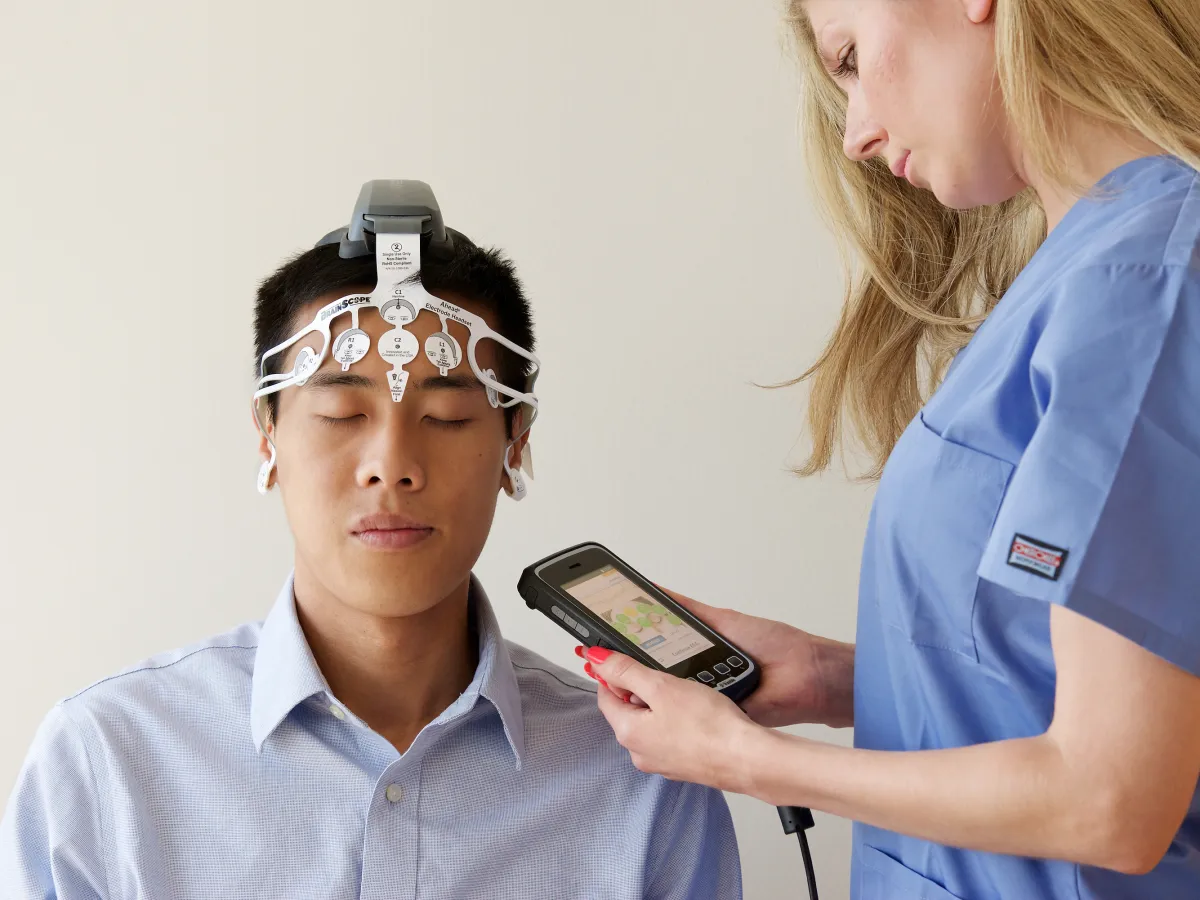
Treatment for Concussion & TBI
The treatment for concussions and TBIs depends on the severity of the injury. Mir Neurology creates individualized brain injury treatment plans.
1. Rest & Recovery
Rest is crucial for recovery from a concussion or mild TBI. This includes both physical and cognitive rest. Patients should avoid activities that require intense concentration, such as reading, screen time, or intense physical exercise.
2. Medications
Pain management – Mild pain relievers recommended to manage headaches or neck pain.
Anti-nausea medications – Used to manage dizziness or nausea associated with a concussion.
Anti-anxiety or antidepressant medications – If symptoms of anxiety or depression develop following a concussion or TBI.
3. Physical Therapy
Balance and coordination exercises – These exercises help patients regain strength and stability, especially after a more severe TBI.
Vestibular rehabilitation – If the concussion affects balance, this therapy can help alleviate dizziness and improve balance.
4. Cognitive Rehabilitation
Neuropsychological therapy – If cognitive symptoms like memory loss or difficulty concentrating persist, cognitive therapy may be used to help patients regain their mental sharpness.
5. Gradual Return to Activity
For patients who have sustained a concussion, it’s important to return to daily activities slowly and gradually. A stepwise approach to returning to physical activities, especially sports, is essential to avoid reinjury.
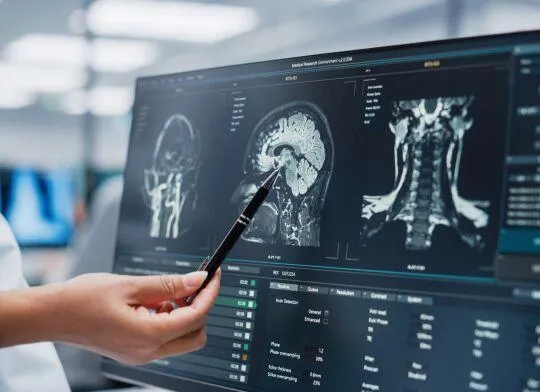

Managing Post-Concussion Syndrome (PCS)
Some patients experience persistent symptoms known as post-concussion syndrome(PCS). These include chronic headaches, fatigue, dizziness, and concentration problems. Mir Neurology provides long-term PCS management and ongoing neurological support.
Preventing Concussion & TBI
While it’s not always possible to prevent concussions or TBIs, certain precautions can help reduce the risk:
Wear protective equipment – In contact sports, helmets and padding can help protect the head.
Practice safe driving – Always wear a seatbelt and follow traffic laws to minimize the risk of motor vehicle accidents.
Fall prevention – Make your home safer by reducing fall risks, especially for older adults.
Take breaks during physical activities – Avoid overexertion and allow proper rest during physical activity
Living with Concussion & TBI
Recovery from concussion or TBI takes time and expert care. At Mir Neurology, you receive comprehensive support for both physical healing and cognitive recovery. With proper treatment, many patients return to full and active lives.
Schedule your concussion evaluation or TBI consultation at Mir Neurology for expert neurological care focused on recovery and long-term brain health.
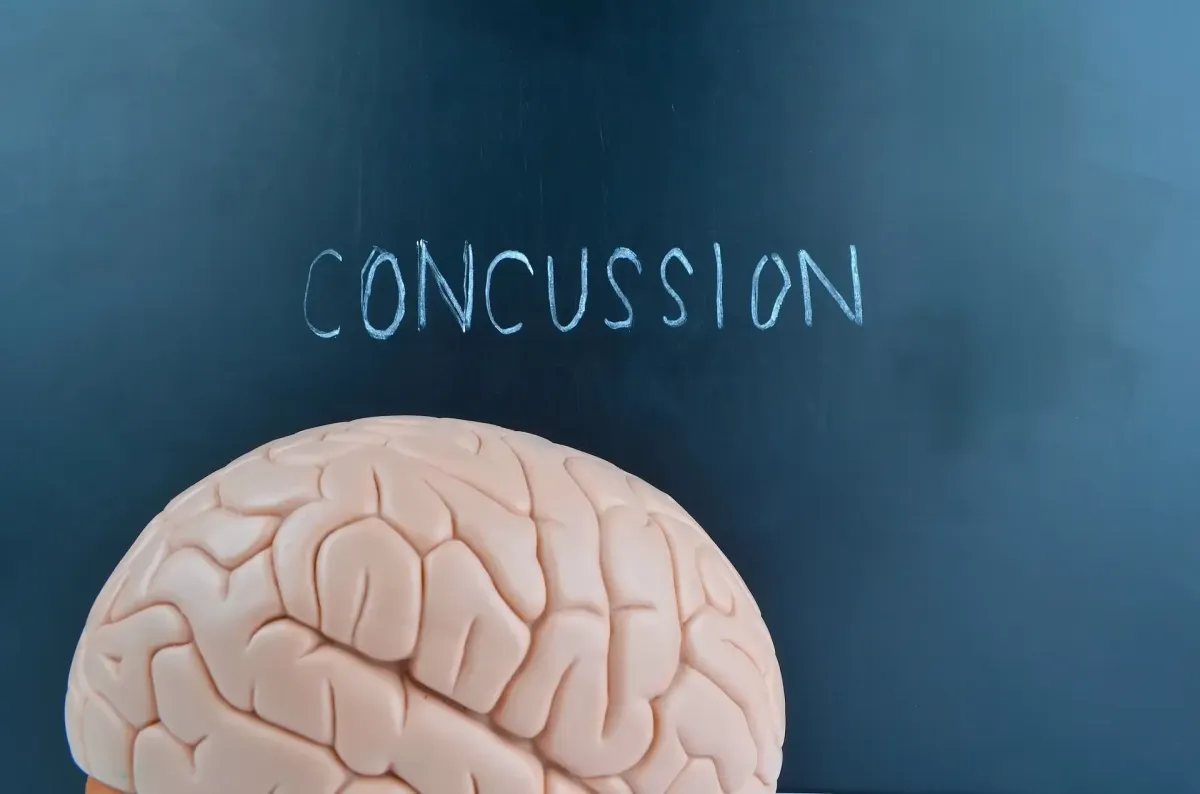
Get Expert Help
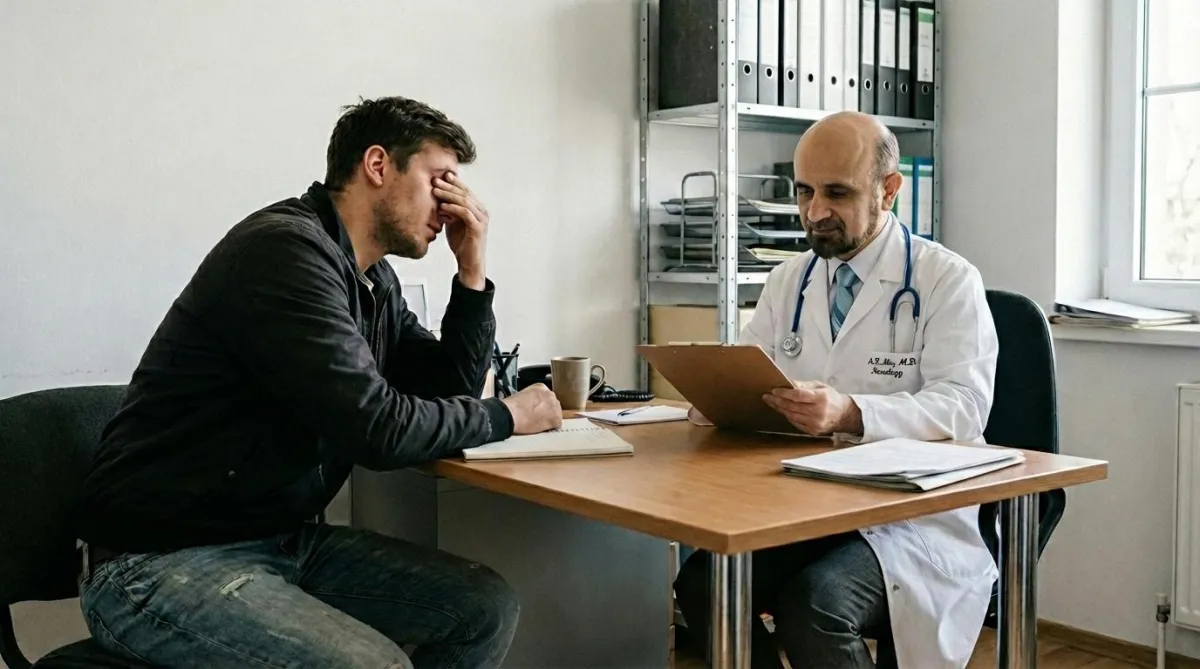
If you or a loved one is experiencing memory loss or cognitive decline, early diagnosis is key to effective management. Consult with our neurology specialists for personalized assessment and care plans.
Our Locations
To learn more about our experience or discuss your treatment options, please call us at (301) 797-7600 or schedule a consultation today!
Get our wellness newsletter
Filter out the noise and nurture your inbox with health and wellness advice that’s inclusive and rooted in medical expertise.
Contact Us
Complaint and Queries
(301) 517-7636
About | Careers
© Copyright 2026. Mir Neurology. All Rights Reserved.
A Part of Highland Healthy Living. Powered By CareSyncMarketing



